Theorem (1968)
Theorem (1968)
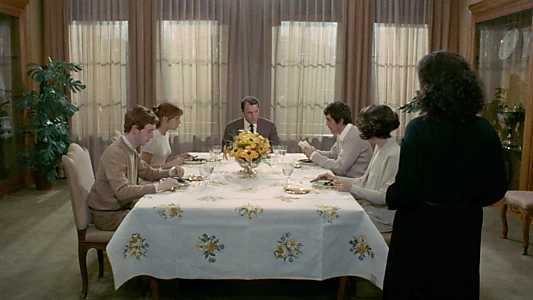
Plot.
Where to Watch.
 Subs
Subs Rent
Rent Rent
Rent Rent
Rent Rent
Rent Rent
RentCurrently Theorem is available for streaming online, rent, buy or watch for free on: Criterion Channel, Apple TV, Google Play Movies, YouTube, Fandango At Home, Amazon Video
Streaming in:🇺🇸 United States

Cast & Crew.

Terence Stamp
The Visitor

Silvana Mangano
Lucia, the Mother

Massimo Girotti
Paolo, the Father

Anne Wiazemsky
Odetta, the Daughter

Andrés José Cruz Soublette
Pietro, the Son

Laura Betti
Emilia, the Servant

Ninetto Davoli
Angelino, the Messenger

Carlo De Mejo
Lucia's first lover

Adele Cambria
Emilia, the Second Servant

Luigi Barbini
Boy at the station

Giovanni Ivan Scratuglia
Lucia's second lover

Alfonso Gatto
Doctor

Cesare Garboli
Interviewer (uncredited)

Susanna Pasolini
Old Peasant (uncredited)

Pier Paolo Pasolini
Director / Screenplay

Marcella De Marchis
Costume Design
Ennio Morricone
Original Music Composer

Franco Rossellini
Producer

Luciano Puccini
Production Design

Manolo Bolognini
Producer

Giuseppe Ruzzolini
Director of Photography

Nino Baragli
Editor

Gianni Zampagni
Boom Operator

Dario Fronzetti
Set Designer
Media.

















Details.
Release DateSeptember 7, 1968
Original NameTeorema
StatusReleased
Running Time1h 35m
Content RatingNR
Genres
Last updated:
This Movie Is About.
Wiki.
Teorema, known as Theorem in the United Kingdom, is a 1968 Italian surrealist psychological drama film written and directed by Pier Paolo Pasolini and starring Silvana Mangano, Terence Stamp and Massimo Girotti, with Anne Wiazemsky, Laura Betti, Andrés José Cruz Soublette, Alfonso Gatto and Carlo De Mejo. Pasolini's sixth film, it was the first time he worked primarily with professional actors. In this film, an upper-class Milanese family is introduced to, and then abandoned by, an otherworldly man with a mysterious divine force. Themes include the timelessness of divinity and the spiritual corruption of the bourgeoisie.
Teorema has been sometimes incorrectly cited as the source for the 1986 American comedy film Down and Out in Beverly Hills; though there are similar themes, the latter is inspired by a much older stage play from around 1932. It has also inspired Bruce LaBruce's 2024 film The Visitor.
You May Also Like.
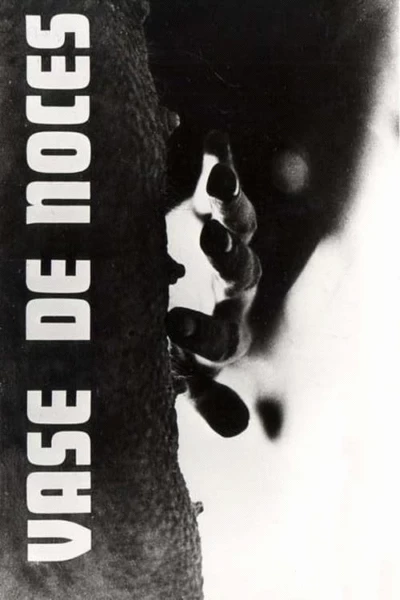
Wedding Trough (1975)

Ebola Syndrome (1996)
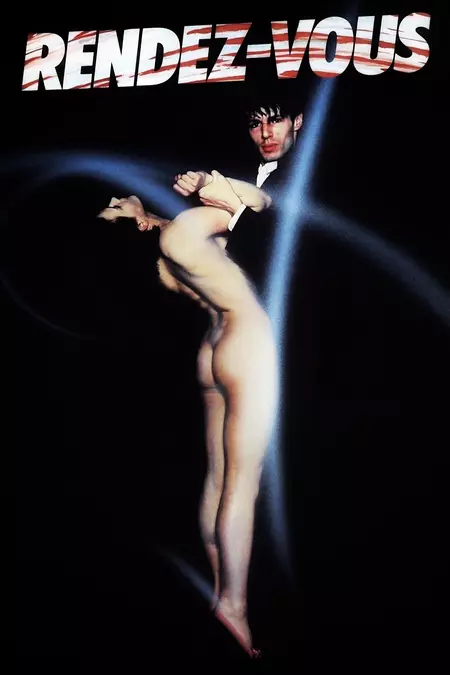
Rendez-vous (1985)
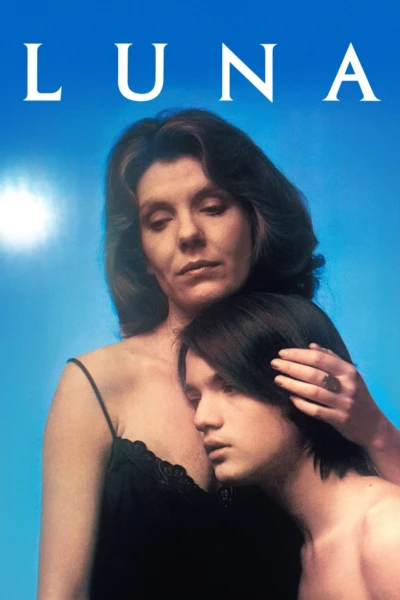
Luna (1979)
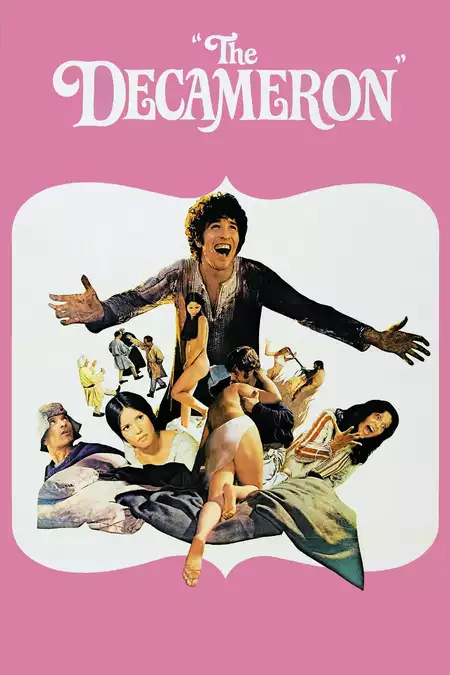
The Decameron (1971)
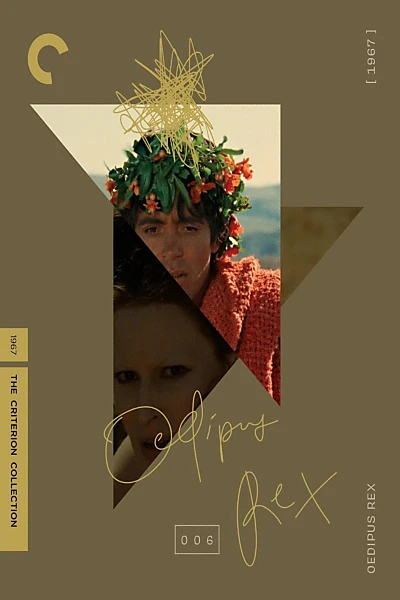
Oedipus Rex (1967)
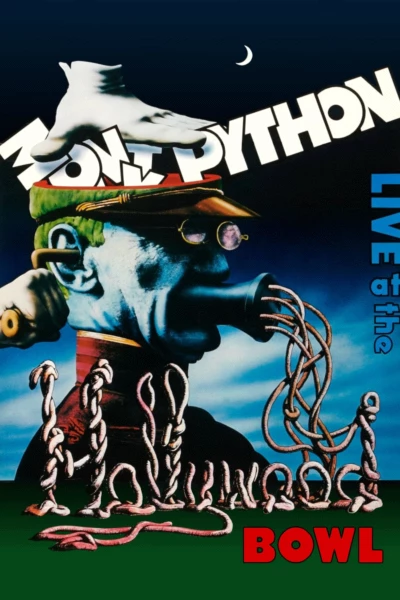
Monty Python Live at the Hollywood Bowl (1982)
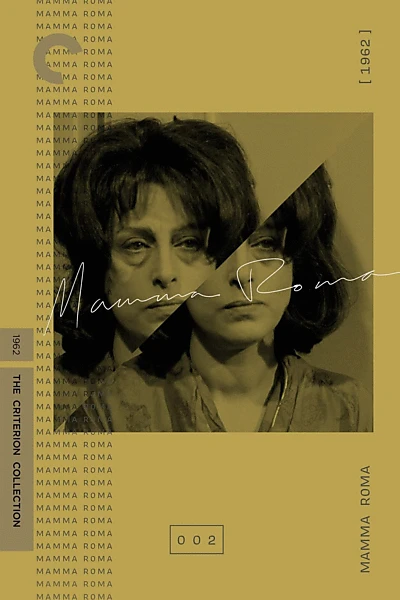
Mamma Roma (1962)
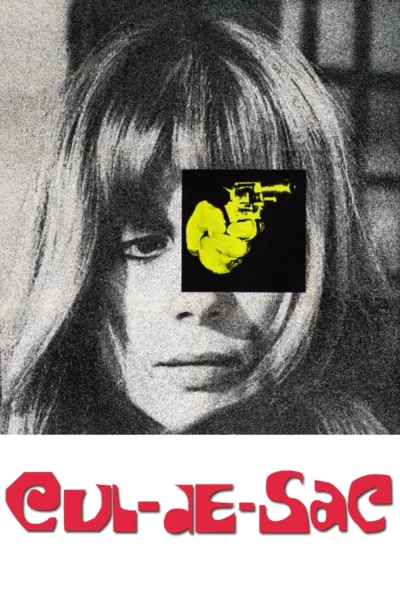
Cul-de-sac (1966)
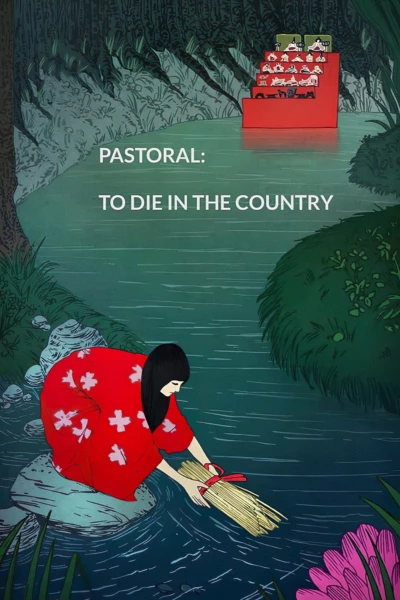
Pastoral: To Die in the Country (1974)
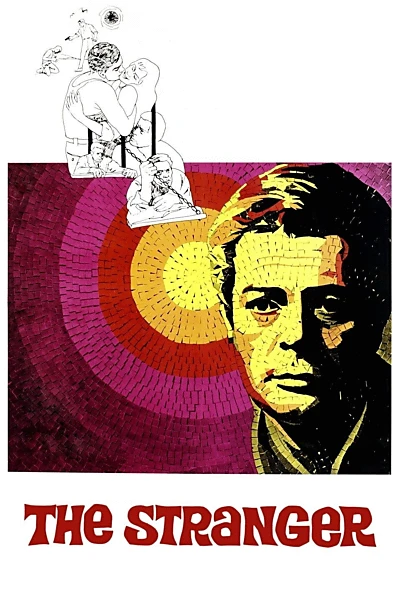
The Stranger (1967)
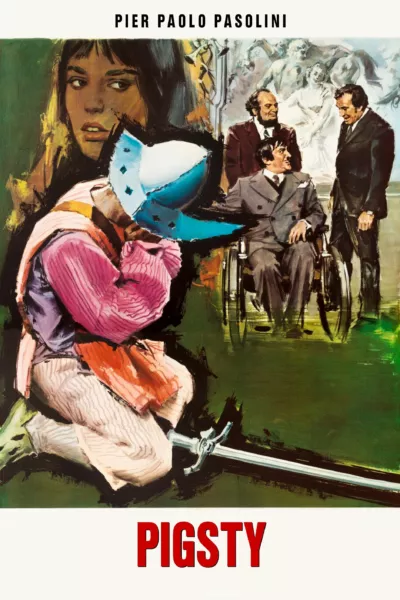
Pigsty (1969)
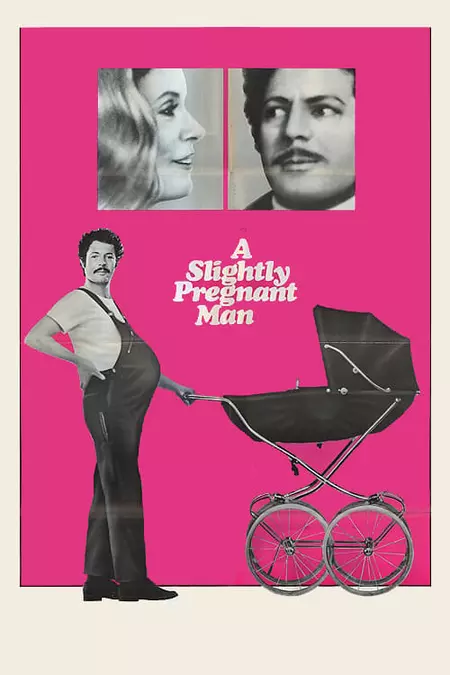
A Slightly Pregnant Man (1973)
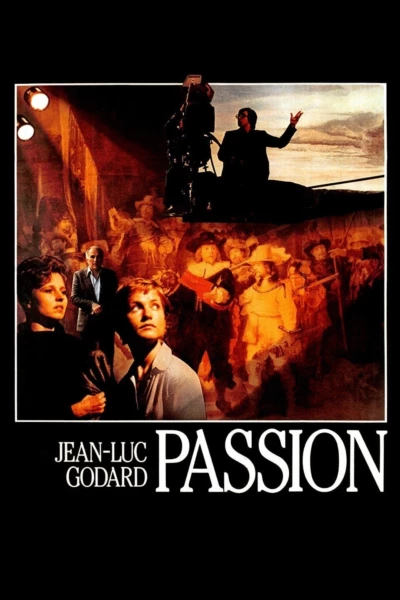
Godard's Passion (1982)

Inseparable (2012)
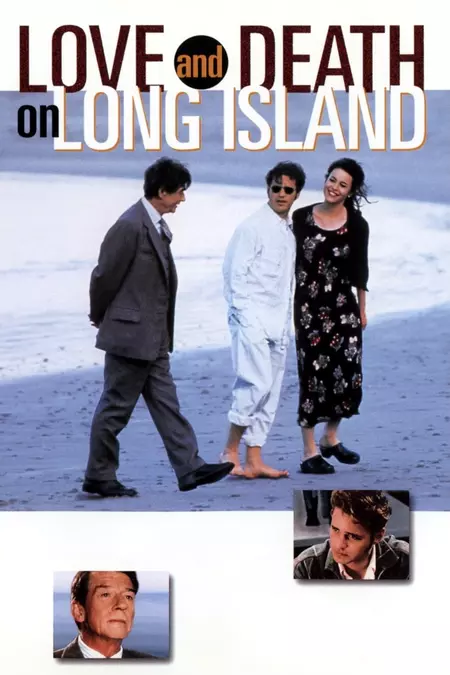
Love and Death on Long Island (1998)
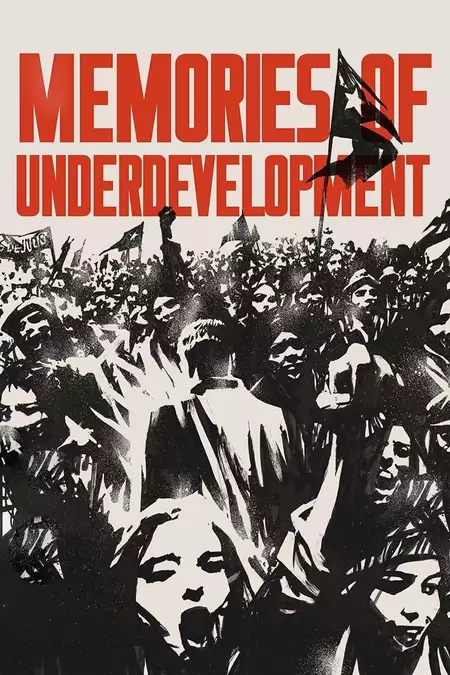
Memories of Underdevelopment (1968)
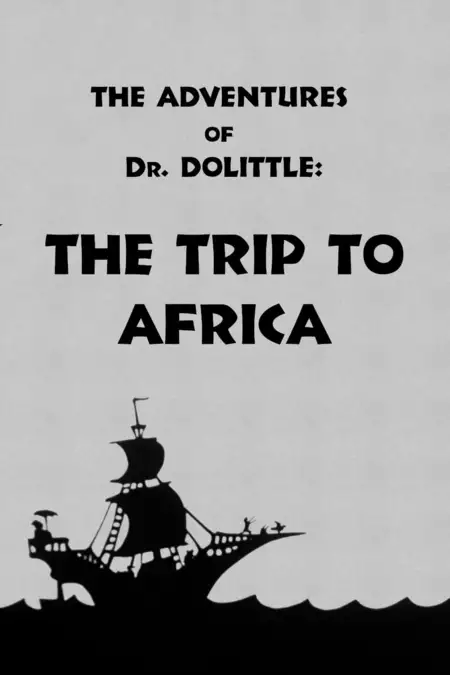
The Adventures of Dr. Dolittle: Tale 1 - The Trip to Africa (1928)
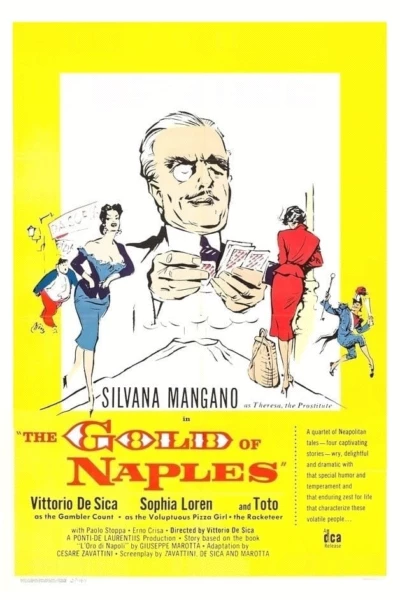
The Gold of Naples (1954)





